Why allow intermediaries to add unnecessary costs when direct relationships can bring quality to the forefront? As supply chains tighten across industries, Red Mesa Science & Refining is pioneering a streamlined approach to bring minor cannabinoids to market.
By bypassing brokers and relying on an efficient, around-the-clock refinement process, Red Mesa aims to reduce costs, ensure product consistency and empower the true stewards of hemp – the growers and refiners themselves.
Jeff Applegate, Red Mesa’s president, puts it simply. “Collaborating directly with qualified, experienced farmers and extractors is essential to keeping costs low and quality high.” It’s a model that prioritizes trust and accountability within every step of the supply chain.
- Get Benzinga’s exclusive analysis and the top news about the cannabis industry and markets daily in your inbox for free. Subscribe to our newsletter here. You can’t afford to miss out if you’re serious about the business.
Leverage Instead Of Liability
Applegate detailed how brokers often disrupt the hemp supply chain by imposing additional costs, sometimes up to 15%, which can hinder farmer’s profits and drive up expenses for manufacturers, creating an unsustainable model for both sides.
Red Mesa has strategically positioned itself within the cannabinoid supply chain to minimize intermediaries and maintain competitive production costs. “Keeping production costs low is fundamental to industry success,” Applegate told Benzinga Cannabis in an exclusive interview. “Collaborating directly with farmers and extractors in a cohesive supply chain is essential to keep our cost of input as a leverage instead of a liability.”
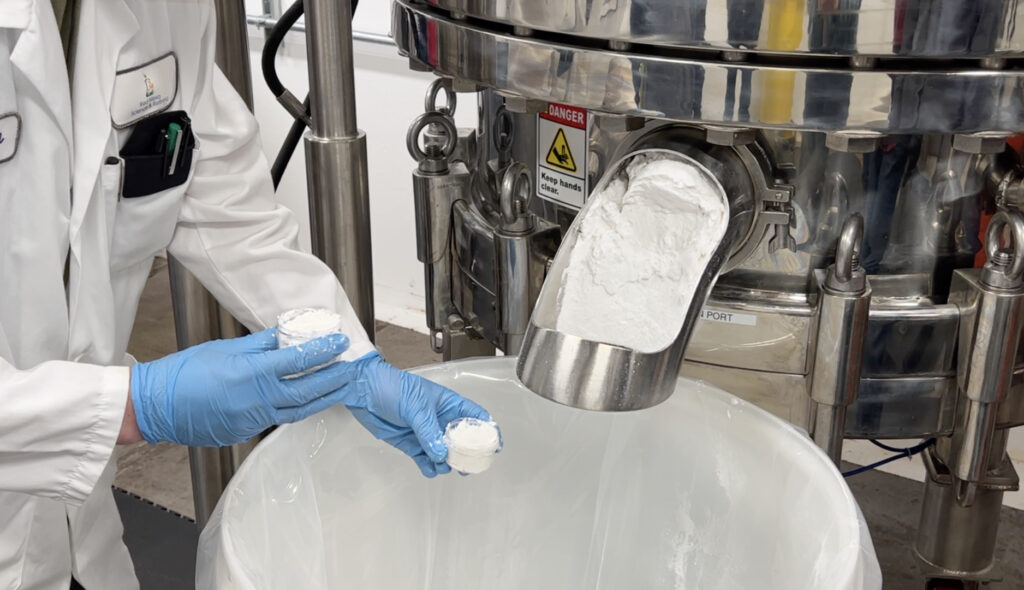
“We’re seeing less interference now, but reducing reliance on brokers is essential for a cost-effective system. The farmer and the customer need to be directly tied to one another so the farmer gets a fair return,” he explained.
Not An Easy Crop
Sourcing consistent and affordable raw materials has presented a challenge as the hemp industry matures. Applegate explained that an initial oversupply in 2019 led to a rapid decline in hemp farming as prices plummeted.
“There was an abundance of farmers when the 2018 farm bill was put into place,” he said. “The market, the producers, wasn’t sufficiently equipped to take all of the output that came. Since 2019, we’ve had nothing but a declining number of farmers.”
“It’s not an easy crop to grow at all,” Applegate added, noting that hemp requires extensive processing before it can be used in extraction. This contrasts with the cannabis flower market, where crops can be more directly sold.
Read Also: How This Cheese-Aging Tech Is Boosting Profits For Cannabis Growers: Stop Throwing Cheddar Out The Door
Inside Red Mesa
Red Mesa’s facility in Utah was initially a cabinet shop before being repurposed for hemp refinement. With its high power capacity – essential for their machinery – the location proved ideal.
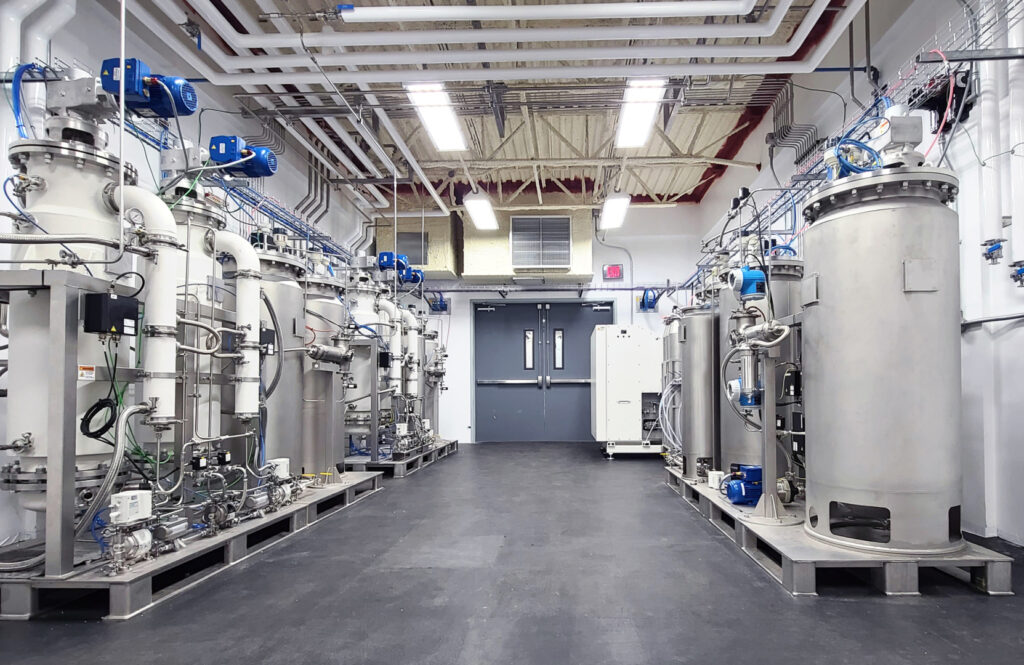
Applegate described how the production process flows from crude oil intake to distillation. This is further refined through crystallization and chromatography. “In distillation, we have the finished product. It’s usually a light yellow to golden color, thicker in viscosity than water, almost syrup-like when warm,” he explained.
Once the distillate undergoes crystallization, Red Mesa is left with a white, fluffy powder—ready for B2B sale. “We didn’t walk across the bridge to become a white labeler or finished goods company,” he said. “Our goal is to create the most coveted, consistent outputs to win the market.”
A Competitive Edge In Minor Cannabinoids
Red Mesa’s botanical, non-synthetic refinement process sets it apart by isolating rare cannabinoids—such as CBN, CBT, and CBL—directly from hemp without chemical conversions.
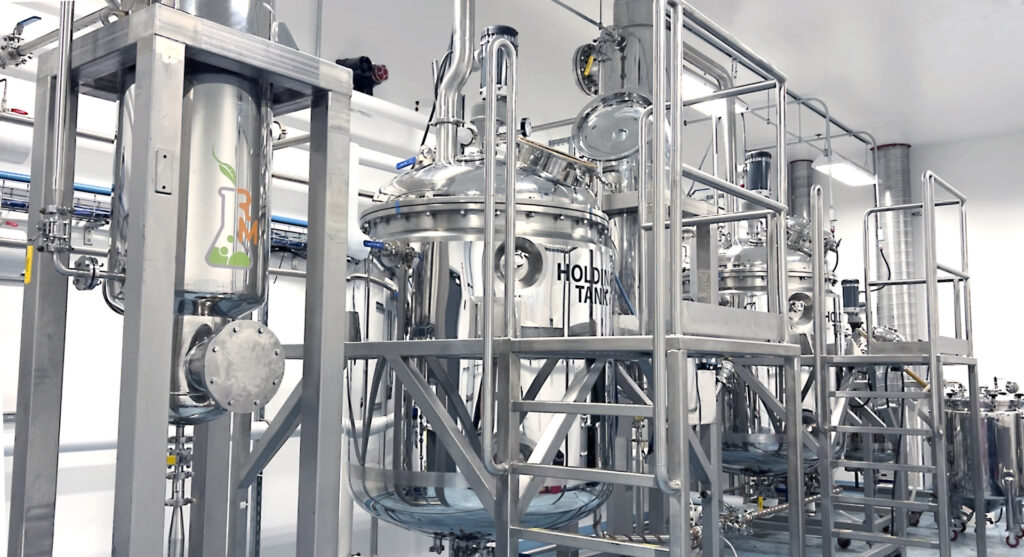
“Our botanical refining process generates final outputs derived directly from the hemp plant without the use of catalysts and acids required for chemical conversion processes,” Applegate explained.
To achieve this, Red Mesa made substantial investments early on. “To be the first refiner to offer rare minors such as CBN, CBL, and CBT at kilogram scale, we had to make significant investments in large-scale chromatography very early in the company’s history,” Applegate noted.
Read Also: Sold Out Before Hitting Shelves: Why Did AYR Wellness Snatch Up This Local Cannabis Brand?
The Red Mesa Standard: ISO Certification, And FDA Registration
“The Red Mesa Standard” represents a commitment to quality and consistency that Applegate says will set them apart. “We have an end-to-end certification from the beginning of our business to the end,” he said, contrasting this with many industry peers who only certify specific departments. Additionally, Red Mesa voluntarily registers with the FDA as a food ingredient company, even though it’s not required.
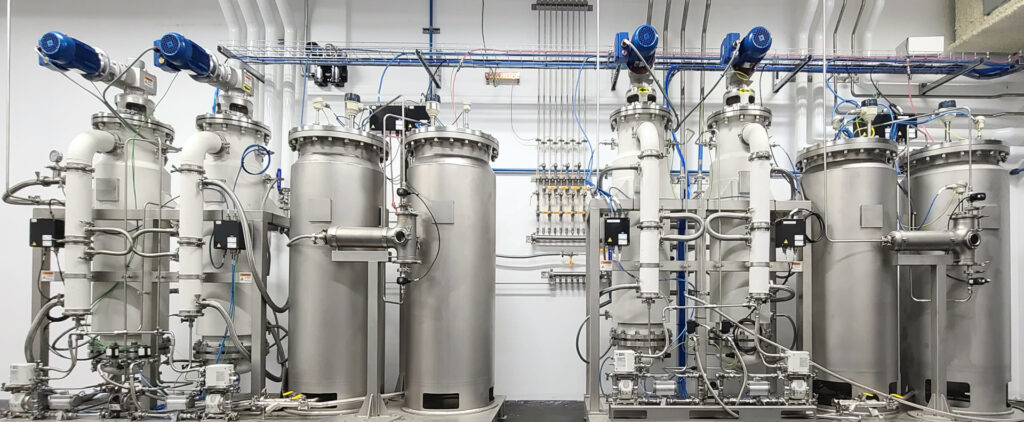
24/7
With operations currently running at about 45% of their 50,000-square-foot facility, Red Mesa is poised for growth. “We operate 24 hours a day, seven days a week,” Applegate shared, adding that they gradually scaled up from single-shift days to continuous operation.
Looking forward, Red Mesa plans to enter the Japanese market in 2025 and establish regional distribution hubs to serve global customers.
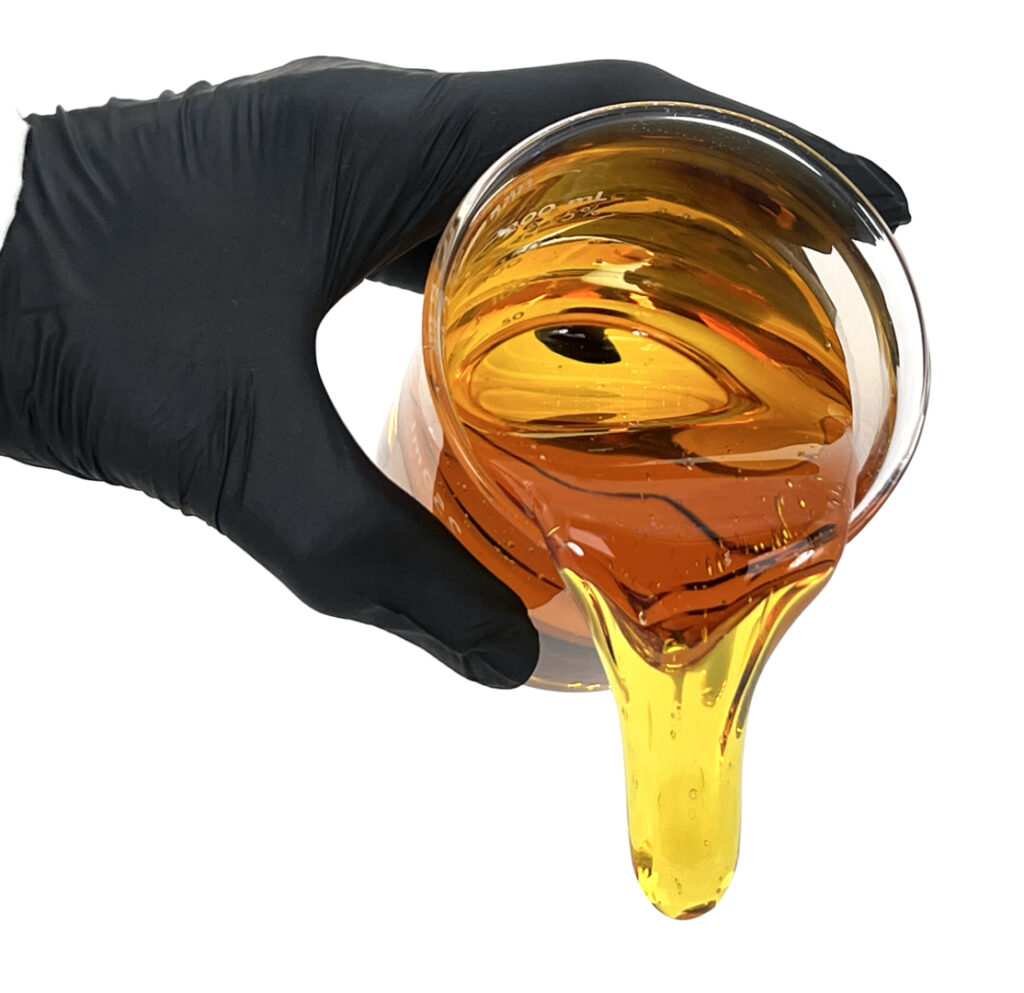
While growth is a priority, so too is legislative reform.
“The lack of clear rules for cannabinoid production is probably the biggest barrier we’ve seen to adoption. To bring prices down and make cannabinoids more accessible, we need efficient production coupled with thoughtful regulation,” Applegate said.
He emphasized that regulation and cost efficiency will help expand the market by making cannabinoids accessible to a wider consumer base.
Read Next: Think You Can Do It All? 20,000 Reasons Why Automation Outperforms A Broad Approach In Cannabis
© 2024 Benzinga.com. Benzinga does not provide investment advice. All rights reserved.